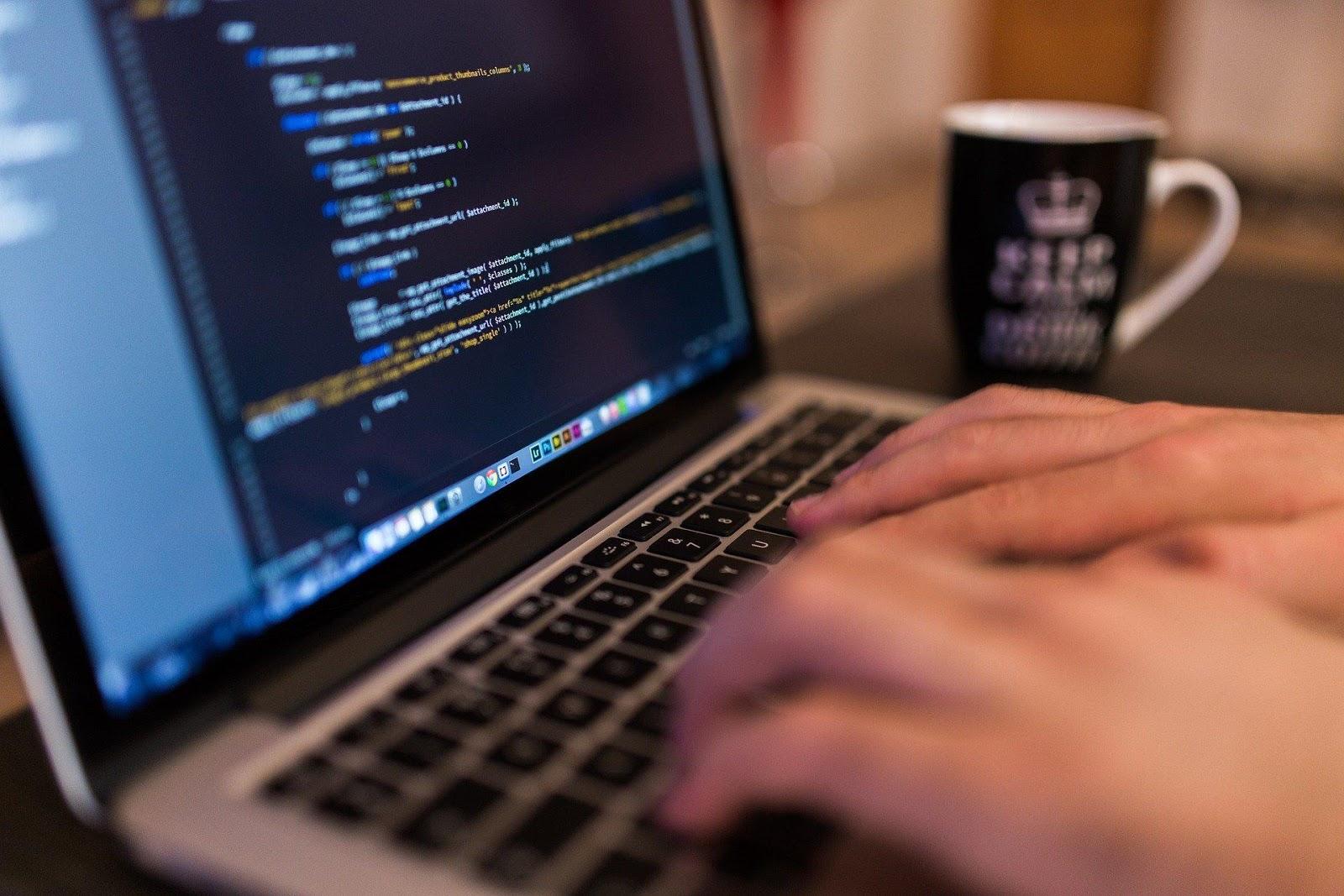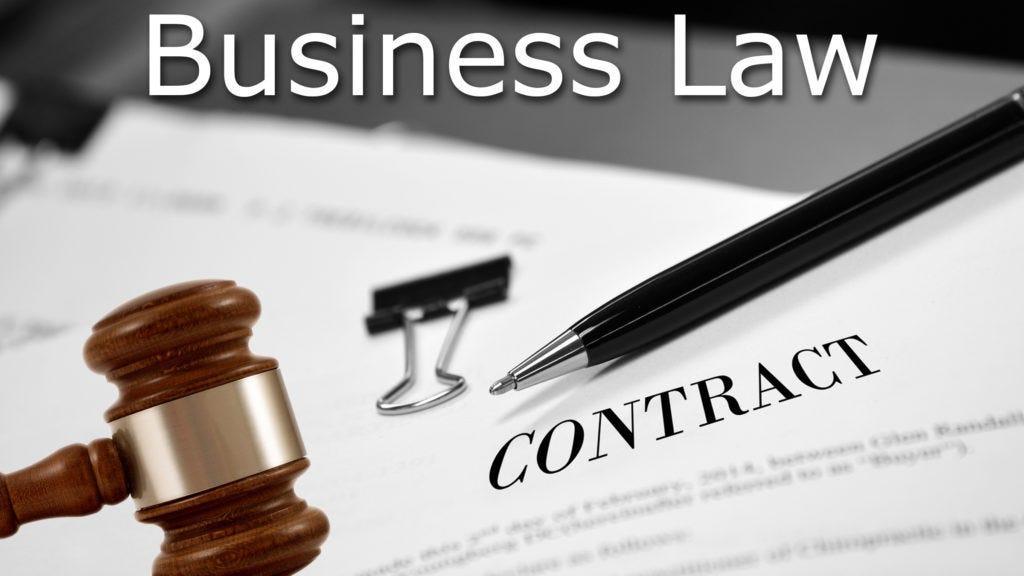
Torrenting itself isn't unfair, but downloading unsanctioned copyrighted stuff is. It's not forever instantly noticeable which stuff is allowable to torrent and which isn't. Some fall during a grey area, so you'll end up unwittingly on the wrong side of the law.
Is torrenting illegal Your internet service provider (ISP) and copyright trolls monitoring the ExtraTorrent network can take action if they catch you illegally torrenting. This will range from a warning letter and throttling (slowing down) of your internet connection to action, although the latter is increasingly rare.
Privacy-conscious torrents users will use VPNs, or virtual private networks, to stay their internet activity hidden from their ISP. With a good range of applications, some VPNs are better fitted to torrenting than others. If you would like to stay your ISP from snooping on your activity, choose a VPN that:
- 1. Doesn't keep a log of your activity.
- 2. It isn't based in a country where the system is often wont to demand customer records.
- 3. It is fast enough that it won't slow total downloads.
The ExtraTorrent protocol isn't in itself illegal or unsafe. it's just the means to share any file, and many legal torrenting services do exist. However, the foremost popular trackers, like ThePirateBay and KickassTorrents, operate during a legal grey area, offering users free access to copyrighted content. Sharing and downloading copyrighted content by ExtraTorrent, or other means is against the law in many countries and may be unsafe since sites including KickassTorrents are shown to host malware.
These trackers would argue that they find and organize information that's already out there and don't illegally host copyrighted content on their servers. A bit like the ExtraTorrent protocol itself, they're the means to an end. Not most are convinced. Leading trackers have arrived under huge valid attention from content producers and distributors who contend the trackers enable and facilitate theft.
The blame ultimately shifts to the users, the many individuals who host files on their personal computers, downloading and uploading movies, games, software, music, ebooks, and more. Users connected to an equivalent tracker are called peers, and that they fall under two categories. A leech uses a torrent file or magnet link to download the file from other users on the network who have already got the file. These users who have already got the file are called seeds. When a sponge is finished downloading a file (or even just a part of a file), he or she becomes a seed, allowing other leeches to download the file from his or her computer. It's considered proper pirate etiquette to seed the maximum amount as you leech as a general rule.
Legally seeding and leeching copyrighted material falls under different criminal categories. Consider it like buying illegal drugs: purchasing the drugs for private use may be a crime, but a comparatively minor one. Turning around and selling those drugs to others may be a much more severe offense. Finding the source of the drugs, or during this case, the HD rip of the new Avengers movie, would be the best-case scenario for enforcement, but that isn't always possible. The trackers act because of the shady back alley marketplaces where all of those transactions go down, but they don't personally handle any drugs.
Also read about:
Benefits of Buying Instagram Automatic Likes For 2021
Ten Best Beauty Tips for reducing scars on the skin
How about choosing cat5e riser cables for the best experience










More Stories
Difference Between Graphics and Video Card
What is Instagram History and marketing
What are Heat Sinks Functions Types More
Security Guide Keeping Your Small Business Safe
How to Run Windows Apps on Mac Desktop
Workstation Advantages and Disadvantages